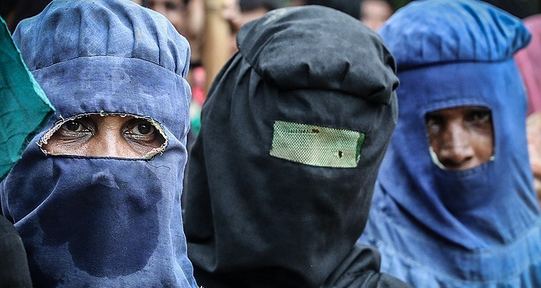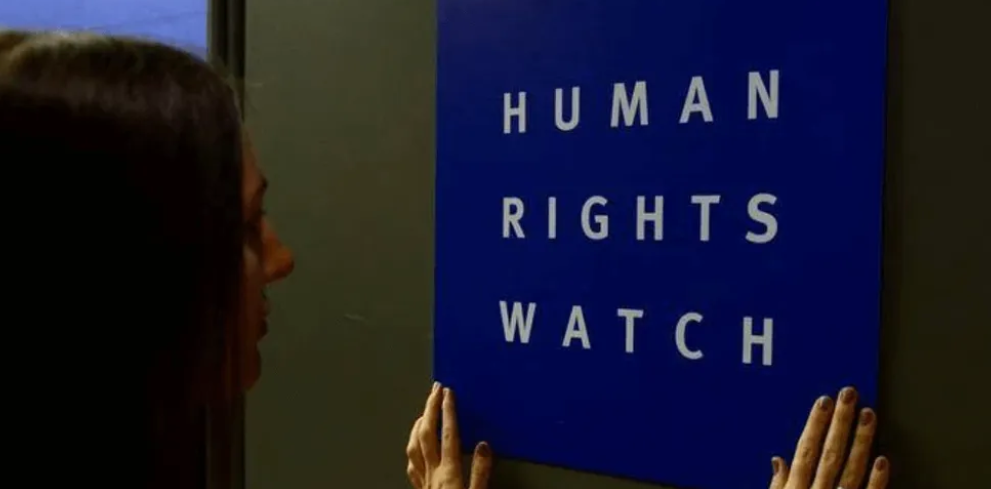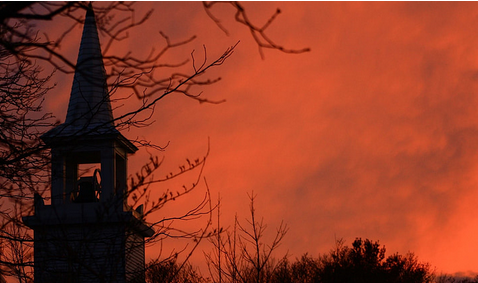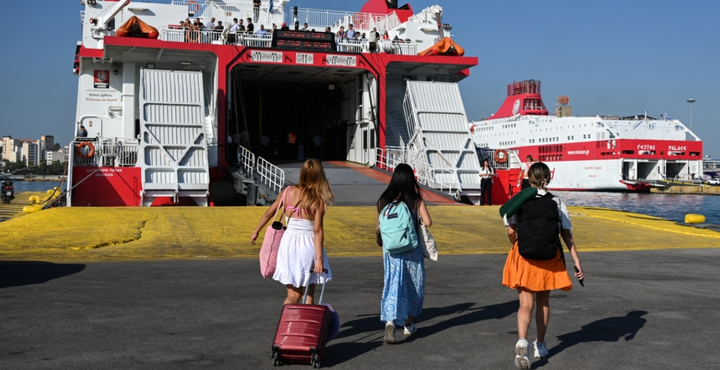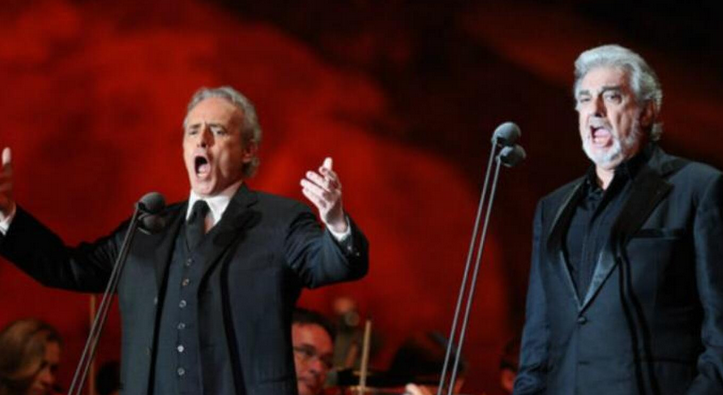Samuel Huntington’s insight into the clash of civilizations is brilliant and true, but a few details in his thesis might benefit from a bit of updating. Moreover, some of his critics, especially on the “Left”, might wish to rethink a few of their “conclusions”.
According to Huntington, since 1989 the clash between civilizations has been essentially cultural, rather than economic or political. The collapse of the Berlin Wall in 1989 marked the transition from a world dominated by ideological oppositions — between communism and capitalism, imperialism and its counter-movement — to an era of cultural divergence, with the international political scene simultaneously verging on the multipolar and multicultural.
Huntington, in support of his conjecture, explained that the decadence of ideologies has coincided with a revival of aspirations to identity, both in the Muslim world, which has witnessed a revitalization of radical Islam, in Asia, and in Eastern Europe, such as Poland, where revolutions took place in tune with their national and cultural heritage.
Dutch Elections: Anti-mass migration right-wing Geert Wilders wins most seats
Huntington’s thesis of a “clash of civilizations” has been shown to be true. The opposition between Islam and the West is an obvious example; the uninterrupted massacre of Christians by Muslims is another, and the re-awakening of China and Chinese cultural pride is a third. From this point of view, Huntington is right: we live in a world structured by tensions between profoundly divergent cultures.
Continue here: Gatestone Institute

